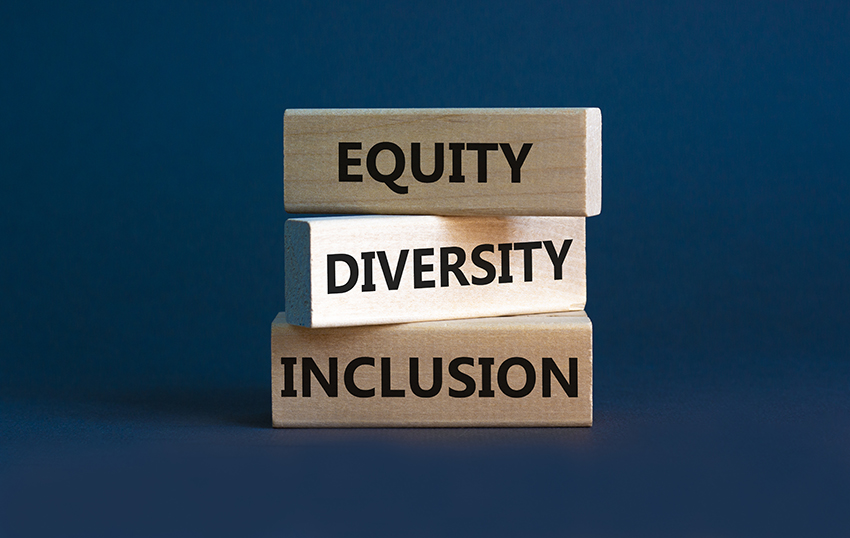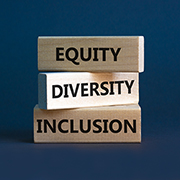
LinkedIn hopes its recently-launched values-based job search filter will make it easier for jobseekers to find roles that align with their values, including equality, diversity and inclusion (EDI) and work-life balance.
Research shows that 67% of professionals in the UK want to work for companies who are aligned with their personal values as well as an 154% increase in job ads mentioning culture and values over the past two years. Additionally, 58% of employees have considered leaving their current jobs within the year because their employer does not have the same values as them.
So how do you showcase your company values?
Head of HR and talent consultant at Your People Associates, Nicola Kleinmann, says making VBR a part of the hiring process can be useful in a highly competitive job market.
“It would help both parties as it would help the journey, and allow an element of self-directing both in and out of organisations if the values don’t resonate with what candidates are looking for.”
However, Kleinmann adds it can be challenging to demonstrate a company’s core values as these are things that are “deeply embedded” in individuals.
Katie Allen, EDI consultant and executive coach, echoes this sentiment. She welcomes the move by LinkedIn but points out that jobseekers will be looking for evidence rather than just virtue signalling.
“A filter is only one step in attracting people to their job advert, and a useful one. But what will candidates find when they begin to research the business, or when they accept the offer and start work?” says Allen.
Yvonne Smyth, director at Hays, suggests that VBR could “certainly help connect employers with candidates who would fit with, and enhance, their organisation”, but that businesses should provide examples.
“Employers need to give insights into what a lived experience is likely to be in an organisation, through case studies and storytelling, for instance.”
Kleinmann outlines what a VBR approach should look like, saying values would “ideally” come before skills, experience and aptitude, and hopes organisations start to change how they recruit. “Where clients are spoilt for choice; they get so super prescriptive with experience – even down to sector-specific skills,” she says, but highlights that candidate experience must align with the values a company is promoting.

